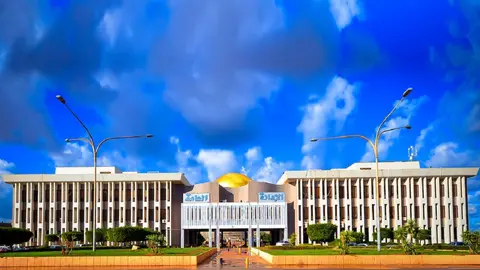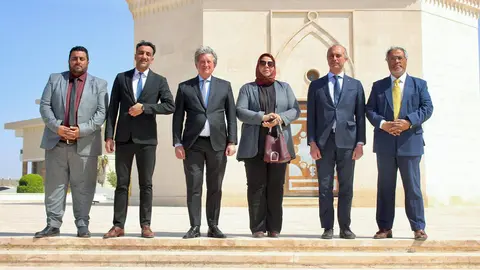The value of information in Libya
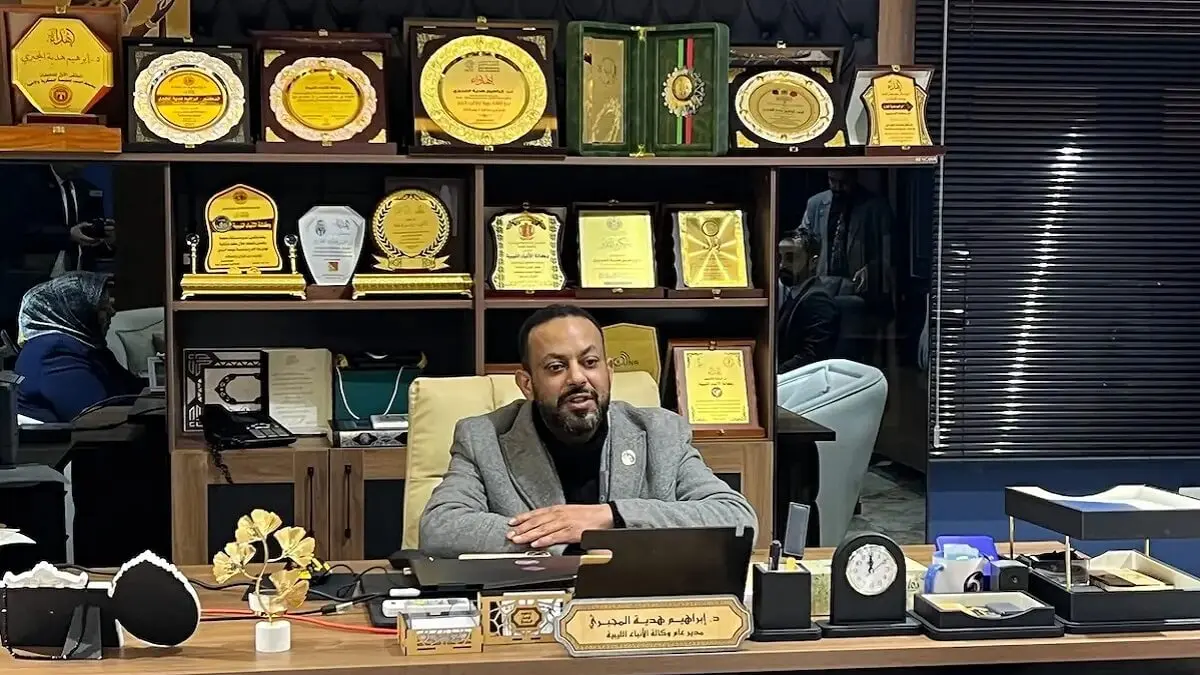
In every country in the world, information is of fundamental value to citizens as the main protagonists of life in a society that is as well-informed as possible, and to the leaders of state institutions for the normal and better development of life in the country.
In Libya, information is key when it comes to continuing to work towards the recovery, normalisation, stability and security of a country that began a civil war in 2011 and that in 2014 had a new conflict against terrorist groups that ended in 2020, thanks to the Libyan National Army, under the command of Marshal Khalifa Haftar.
Almost five years later, one of the main objectives of the Libyan News Agency, led by Ibrahim Hadela Magbri, is to provide accurate information about what is happening in Libya. And at this moment in time, the perception that may exist abroad is particularly relevant, in each of the countries whose governments have adopted a position of support for one or other side of the conflict since 2011. And as tends to happen in all conflicts, information is one of the most valuable weapons for the combatants.
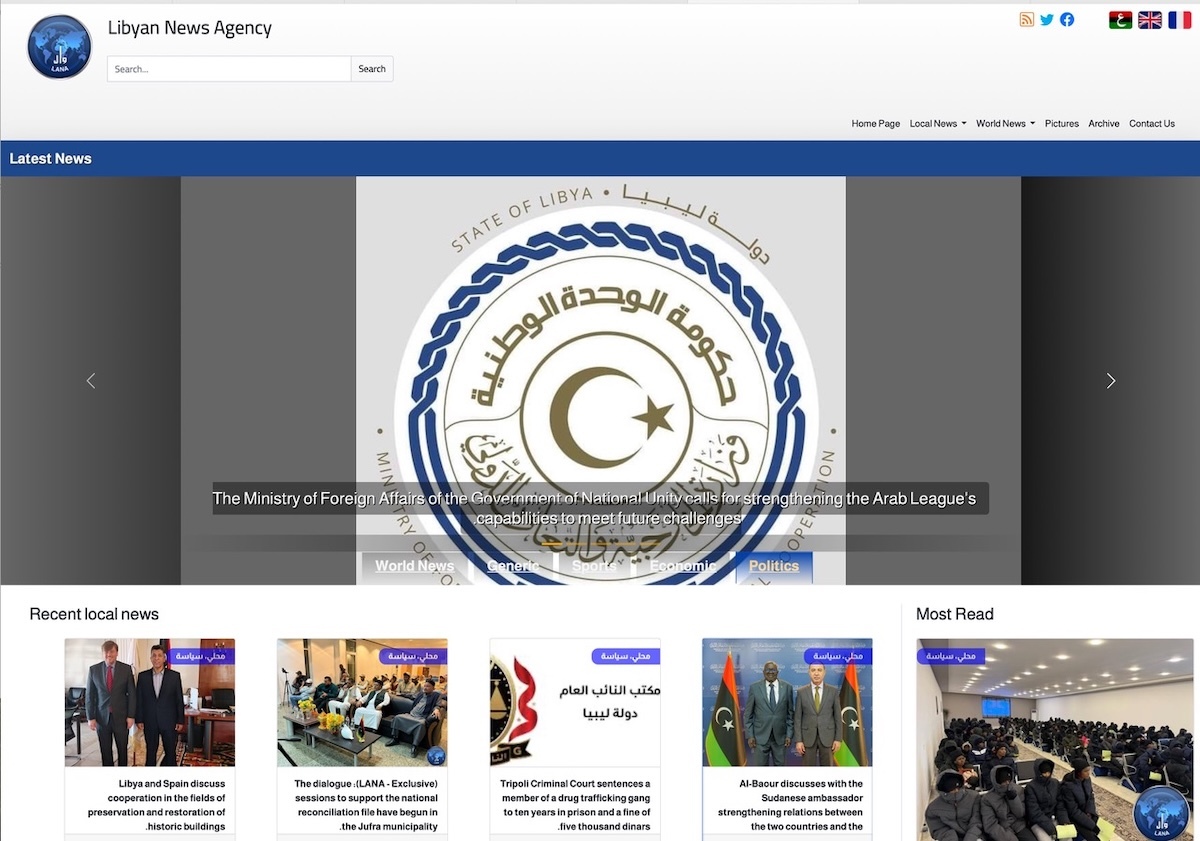
When you speak to someone like Ibrahim Hadela Magbri, his calm, firm and confident tone conveys his conviction about the value of the information that the Agency's numerous professionals are producing as an essential contribution to the smooth running of the process of economic recovery and political and social reconciliation to consolidate peace, security and stability in Libya.
The Agency is 60 years old, covers the whole of the country and has an important international dimension, bearing in mind that Hadela Magbri is also president of the Pan-African News Agency, member of the board of directors of the Arab News and Islamic Press League, made up of 72 agencies. He was one of the founders of the Mediterranean news agency. He has experience in the news agencies of France and China. With regard to Spain, he highlights the historical relations between the two countries, and as is often the case in all countries, football is a key topic of knowledge.
Last year a major conference was held in Benghazi in pursuit of national reconciliation where the treatment of information is essential. International experts and intellectuals from several countries, including Spain, took part.
The director of the agency points out that it is essential to visit Benghazi to avoid the intoxication that aims to convey violence and chaos when the reality is the consolidation of peace and security and reconstruction with the efforts of the Libyans who are working day and night.
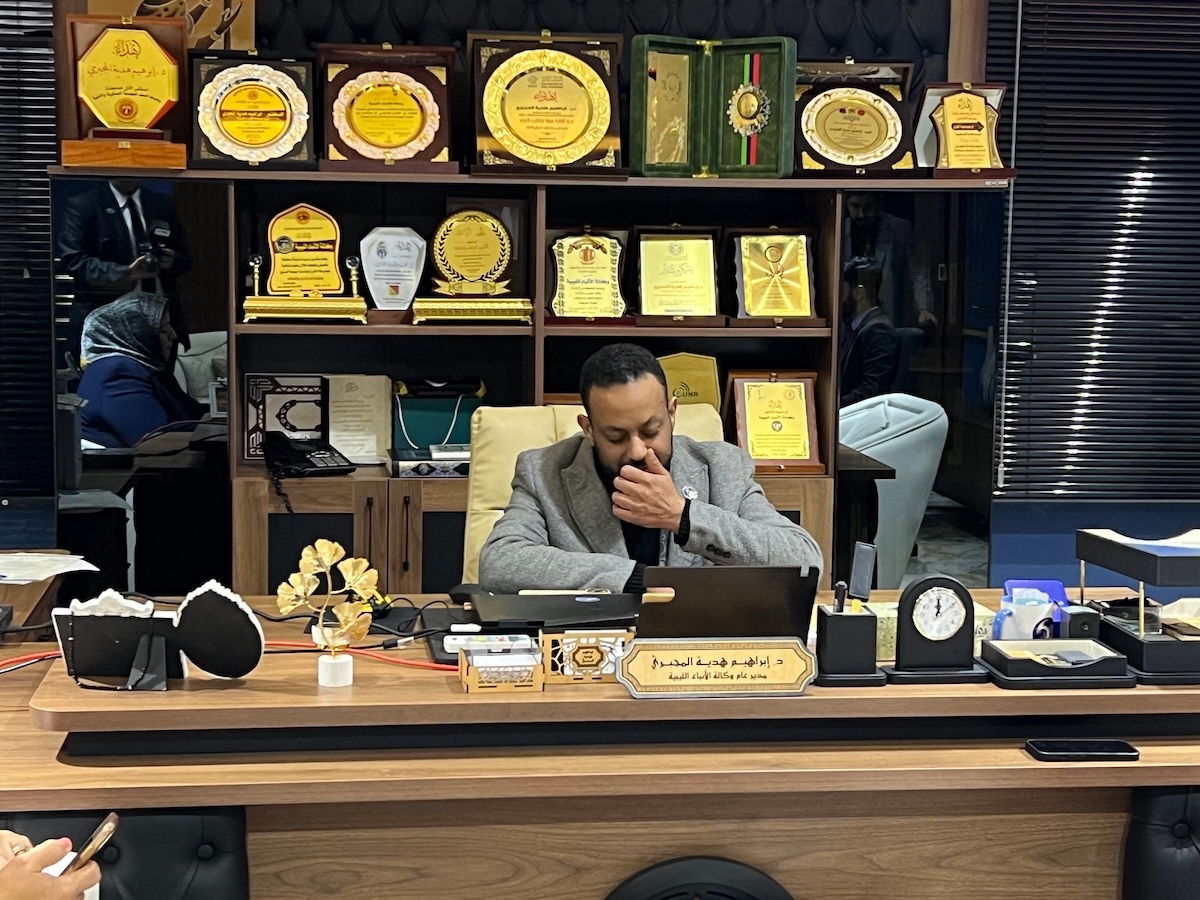
It denounces that there are many interests dedicated to poisoning the information that is distributed internationally, reaching the United Nations and producing negative decisions that ignore the truth of the situation in Libya.
It emphasises that in many countries the actions of the Libyan Armed Forces are criticised, some governments do so while their companies working on Libyan soil receive protection from those same Armed Forces. He highlights this contradiction in some countries and considers the professional journalistic work of conveying the reality of life in Benghazi in the media to be essential.
He recalls his experience during the war against the terrorists when he was captured along with a colleague. A few days later, his friend was killed while he had the enormous good fortune of being rescued by the Libyan National Army.
He firmly explains that it is unjust and false to disqualify as a militia a highly professional army that has managed to restore peace and security for the Libyan people and also for Europe because if it had not stopped in Libya, the terrorist groups would have reached Europe.
‘We are suffering to bring this reality to the attention of the international community because the major international agencies such as AFP, Reuters or EFE do not have a correspondent in Benghazi and we offer our resources so that they can do so and have real coverage of the hard-working and hospitable Libyan people’, he says as a journalist, not as a politician, but he wants this message to be heard outside Libya.


